|
|
|
|
|
 «Beneath the Flames» by Brian Buch is a five movement work for chorus and orchestra based on the poetry of Taras Shevchenko and the folk music of Ukraine. Dedicated to the people and country of Ukraine, who have had to endure unimaginable hardships since the Russian invasion of their country. This is a recording of the premiere from Lviv on March 14th, 2024 by the KLK Symphony Orchestra under the direction of Ferdinando Nazzaro. «Beneath the Flames» by Brian Buch is a five movement work for chorus and orchestra based on the poetry of Taras Shevchenko and the folk music of Ukraine. Dedicated to the people and country of Ukraine, who have had to endure unimaginable hardships since the Russian invasion of their country. This is a recording of the premiere from Lviv on March 14th, 2024 by the KLK Symphony Orchestra under the direction of Ferdinando Nazzaro.
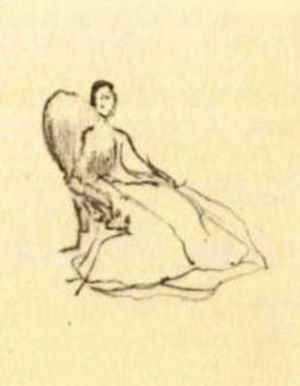 Taras Shevchenko's poem Taras Shevchenko's poem
Tsykl poeziy «V kazemati»
««Ne kydaj materi»,– kazaly...» /
««Ne kydaj materi»,– kazaly, a ty pokynula, vtekla...»
(««Не кидай матері»,– казали...» /
«Не кидай матері»,– казали, а ти покинула, втекла...)
In a prison cell, 1847.
Translated by Irina Zheleznova.
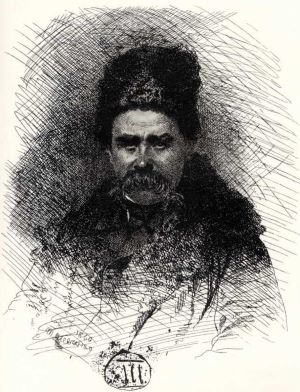 Taras Shevchenko's poem Taras Shevchenko's poem
«I mertvy`m, i zhy`vy`m, i nenarozhdenny`m zemlyakam moyim…» /
"I smerkaye, i svitaye, den` bozhyj mynaye"
(«І мертвим, і живим, і ненарожденним землякам моїм…» /
"І смеркає, і світає, день божий минає")
Vyunishcha, December 14, 1845.
Translated by Irina Zheleznova.
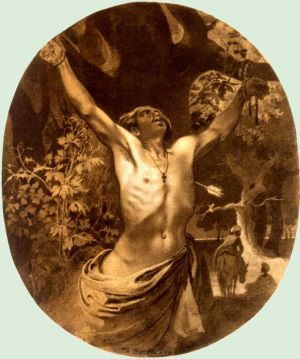 Taras Shevchenko, "The Caucasus" Taras Shevchenko, "The Caucasus"
"Kavkaz" / "Za goramy` gory`, hmaroyu povy`ti...
("Кавказ" / "За горами гори, хмарою повиті...")
Pereyaslav, November 18, 1845.
Translated by Alyssa Dinega Gillespie.
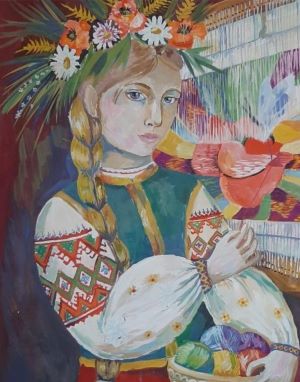 Taras Shevchenko's poem Taras Shevchenko's poem
"Divychii nochi" / "Rozplelasia husta kosa azh do poiasa"
("Дівичії ночі" / "Розплелася густа коса аж до пояса")
St. Petersburg, May 18, 1844.
Translated by Iryna Zheleznova.
 Taras Shevchenko' poem Taras Shevchenko' poem
"Prychynna" / "Reve ta stohne Dnipr shyrokyi"
("Причинна" / "Реве та стогне Дніпр широкий")
1837, S-Petersburg, (C.-Петербург)
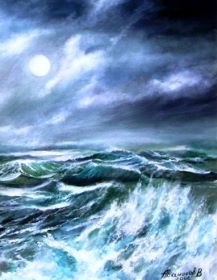 Taras Shevchenko's poem Taras Shevchenko's poem
"Prychynna" / "Reve ta stohne Dnipr shyrokyi"
("Причинна" / "Реве та стогне Дніпр широкий")
1837, S.- Petersburg, (C. - Петербург)
Translated by Irina Zheleznova.
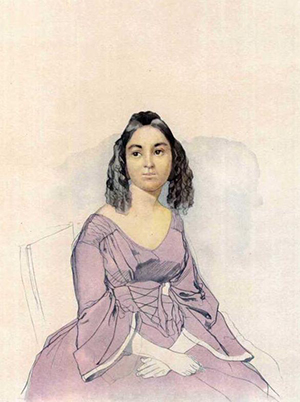 Taras Shevchenko, the poem "The Princess" Taras Shevchenko, the poem "The Princess"
"Kniazhna" ("Княжна"), поема
("Zore moia vechirniaia,
Ziidy nad horoiu..."
"Зоре моя вечірняя,
Зійди над горою...")
Orsk Fortress, 1847
Nizhny Novgorod,1858.
Translated by Olga Shartse.
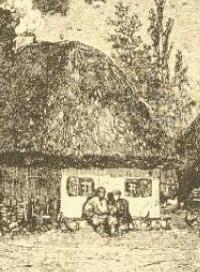 Taras Shevchenko, poem "Naimechka or The Servant" Taras Shevchenko, poem "Naimechka or The Servant"
"Naymychka" (Наймичка"), поема
("U nedilyu vrantsi-rano pole vkrylosya tumanom..." /
"У неділю вранці-рано поле вкрилося туманом...")
Pereyaslav, November 13, 1845.
Translated by Alexander Jardine Hunter
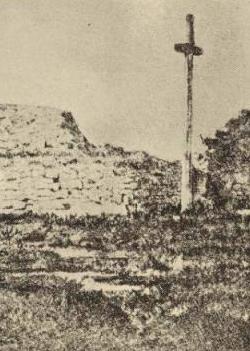 Taras Shevchenko, poem "My Testament" Taras Shevchenko, poem "My Testament"
"Zapovit" / “Iak umru, to pokhovaite”
"Заповіт" / "Як умру, то поховайте")
1845, Pereiaslav (Переяслав)
Translated by Alexander Jardine Hunter
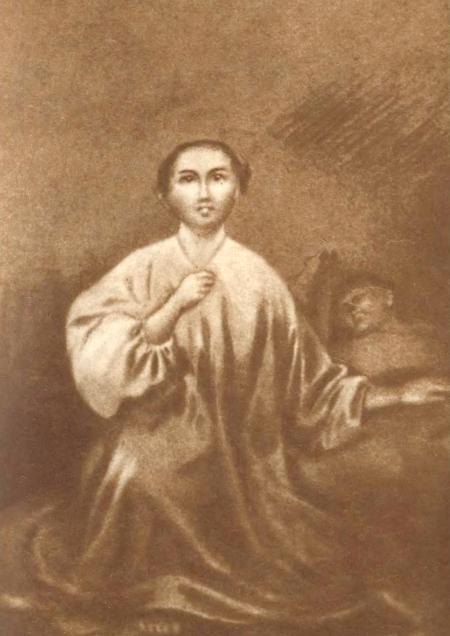 Taras Shevchenko, the poem "The Housemaid" Taras Shevchenko, the poem "The Housemaid"
"Naymychka" (Наймичка"), поема
("U nedilyu vrantsi-rano pole vkrylosya tumanom..." /
"У неділю вранці-рано поле вкрилося туманом...")
Pereyaslav, November 13, 1845.
Translated by Olga Shartse
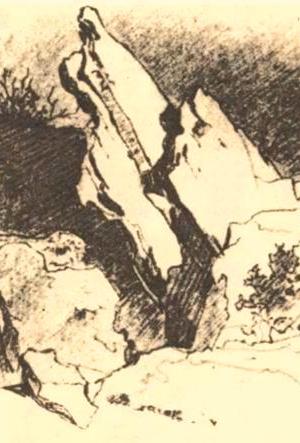 Taras Shevchenko, "The Caucasus" Taras Shevchenko, "The Caucasus"
"Kavkaz" / "Za goramy` gory`, hmaroyu povy`ti...
("Кавказ" / "За горами гори, хмарою повиті...")
Pereyaslav, November 18, 1845
Translated by John Weir
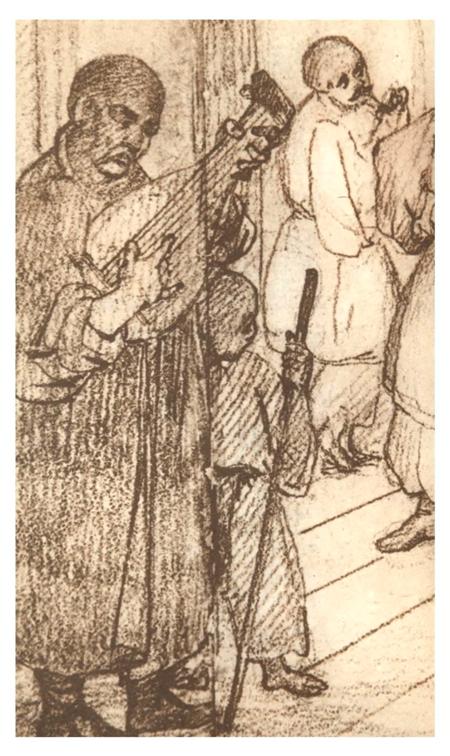
Poem of Taras Shevchenko
"Thoughts of mine, О thoughts of mine"
"Dumy moji, dumy moji, lykho meni z vamy!"
("Думи мої, думи мої, лихо мені з вами")
[1839, S.-Petersburg (Санкт-Петербург)]
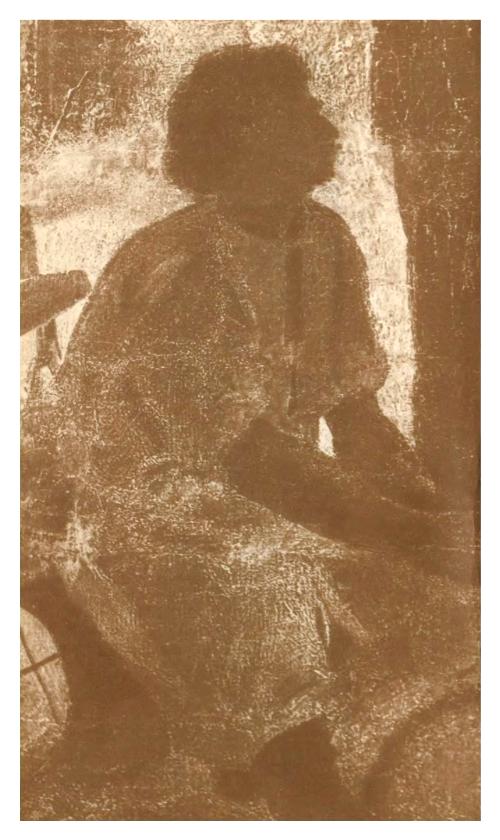 Taras Shevchenko's poem Taras Shevchenko's poem
"The Heretic" / "Bad neighbours came and sat afire"
("Єретик" / "Запалили у сусіда нову добру хату")
Village Maryinske, October 10, 1845
Translated by John Weir
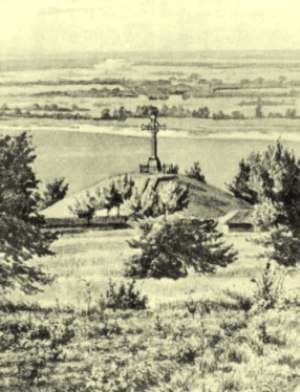 Taras Shevchenko's poem Taras Shevchenko's poem
"My Testament"
"Zapovit" / "Iak umru to pokhovaite"
("Заповіт" / "Як умру, то поховайте"),
1845, Pereiaslav (Переяслав)
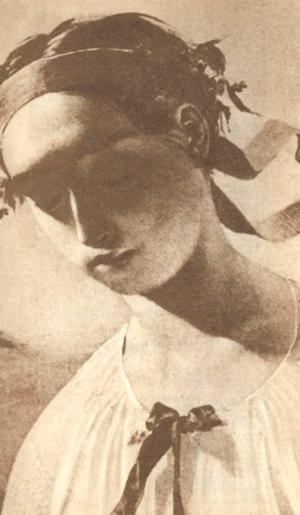
Taras Shevchenko
"Kateryna" / "Kokhaytesya, chornobryvi, ta ne z moskalyamyК"
("Катерина" / "Кохайтеся, чорнобриві, та не з москалями")
1838, S.- Petersburg (С.- Петербург)
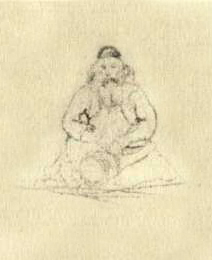 Taras Shevchenko Taras Shevchenko
"Perebendya"
("Перебендя")
1839, St.-Petersburg
(Санкт-Петербург)
Translated by John Weir
 Taras Shevchenko Taras Shevchenko
"Катерина", поема / "Кохайтеся, чорнобриві"
"Kateryna", poema / "Kokhaytesya, chornobryvi"
St. Petersburg, 1838
Translated by John Weir
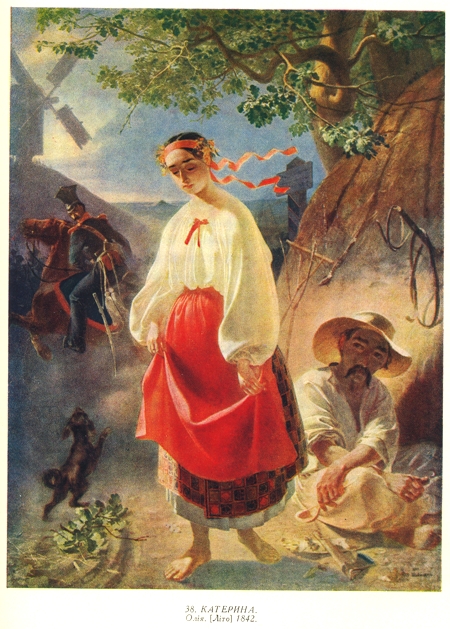 Taras Shevchenko wrote "Katerina" in 1838, in St. Petersburg, when he was 24 years old. It was in the same year that he was bought out of serfdom from Baron Englehardt by a group of St. Petersburg artists and intellectuals. This poem is dedicated to the Russian writer Zhukovsky, who posed for Karl Bryullov, the leading artist of the time. The portrait was sold for 2,500 rubles, to raise the purchase price of Taras Shevchenko’s freedom. The poem “Katerina” was first printed in the 1840 edition of “Kobzar”, and many of the passages were censored. In it, Shevchenko brings out the life of the serfs of that period, the status of women, and expresses his hatred of the tsarist regime which kept Ukraine in bondage. Taras Shevchenko wrote "Katerina" in 1838, in St. Petersburg, when he was 24 years old. It was in the same year that he was bought out of serfdom from Baron Englehardt by a group of St. Petersburg artists and intellectuals. This poem is dedicated to the Russian writer Zhukovsky, who posed for Karl Bryullov, the leading artist of the time. The portrait was sold for 2,500 rubles, to raise the purchase price of Taras Shevchenko’s freedom. The poem “Katerina” was first printed in the 1840 edition of “Kobzar”, and many of the passages were censored. In it, Shevchenko brings out the life of the serfs of that period, the status of women, and expresses his hatred of the tsarist regime which kept Ukraine in bondage.
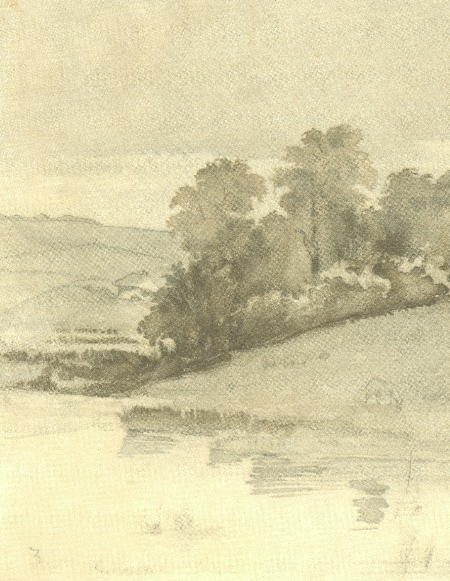 Taras Shevchenko's poem "Testament" Taras Shevchenko's poem "Testament"
"Zapovit" / "Jak umru, to pokhovajte"
("Заповіт" / "Як умру, то поховайте")
1845, Pereyaslav, (Переяслав)
Translated by Vera Rich
|
|
|
|
|
|